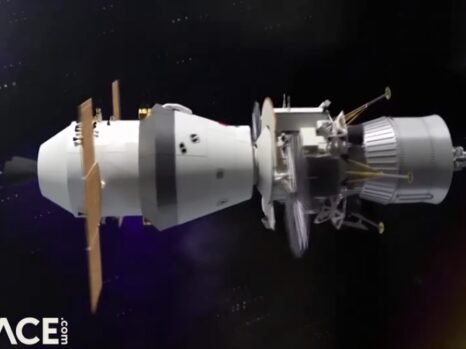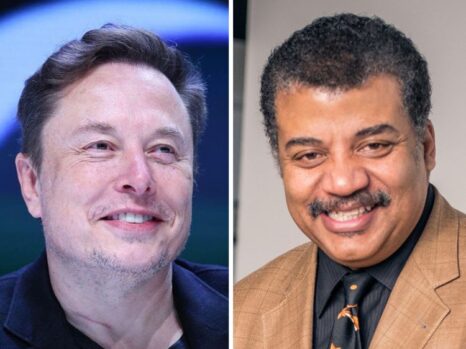Mars is critical to the long-term survival of humanity. That’s Elon Musk’s assertion, and he has remained steadfast in his belief. The Tesla chief and SpaceX founder swiftly lashed out at famed astrophysicist Neil deGrasse Tyson, who was sceptical of his plans to colonise Mars.
In an American talk show interview, Tyson poured scorn on Musk’s plans, which he said would never find investors. During a recent episode of HBO’s ‘Real Time with Bill Maher’, the astrophysicist argued that the Mars plan offers a terrible value proposition to venture capitalists.
-ADVERTISEMENT-
javascript:false
Ads by
Funding the Mars project
It would cost $1 trillion with zero return on investment besides the deaths of people, Tyson added. “That’s a five-minute meeting,” he said. “And it doesn’t happen.”
Tyson insisted that Mars funding isn’t easy. “At some point, somebody has to pay for it, and just being interested in something is not the same thing as paying for it,” he said.
Wow, they really don’t get it.
Mars is critical to the long-term survival of consciousness.
Also, I’m not going to ask any venture capitalists for money. I realize that it makes no sense as an investment. That’s why I’m gathering resources. https://t.co/XVCpHKlusD
Funding the Mars project
It would cost $1 trillion with zero return on investment besides the deaths of people, Tyson added. “That’s a five-minute meeting,” he said. “And it doesn’t happen.”
Tyson insisted that Mars funding isn’t easy. “At some point, somebody has to pay for it, and just being interested in something is not the same thing as paying for it,” he said.
Wow, they really don’t get it.
Mars is critical to the long-term survival of consciousness.
Also, I’m not going to ask any venture capitalists for money. I realize that it makes no sense as an investment. That’s why I’m gathering resources. https://t.co/XVCpHKlusD
Musk didn’t take the jibe lightly. “Wow, they really don’t get it. Mars is critical to the long-term survival of consciousness,” he responded in a post on X. As part of efforts to colonise Mars, the tech billionaire’s company SpaceX plans to set up a self-sustained large-scale settlement on the planet. It will serve as an alternate base for humans if Earth becomes uninhabitable.
The US entrepreneur admitted that venture capital funding for the Mars project is impractical as an investment, but defended his plans. “I’m not going to ask any venture capitalists for money. I realise that it makes no sense as an investment. That’s why I’m gathering resources,” the post in X said.
Trump’s interest in Mars
Tyson says humankind should focus on immediate challenges on Earth rather than wasting resources and energy elsewhere. He said the Mars project would offer no returns, so no one would be willing to invest.
“I don’t see it happening until governments judge that it’s geopolitically in our interest,” Tyson was quoted by the US website The Hill as telling Maher. “But I believe president-elect Trump has some interest in Mars, so you might have another conversation in a couple of months.”
In another post, Musk continued to push his plans for space travel. “Even if we fail at creating a Mars colony that can grow without continuous support from Earth, the absurdly ambitious nature of the goal nonetheless results in the creation of alien-level technology that is crushingly better than competitors who merely aim for Earth orbit.”
Tyson lauds SpaceX
According to The Hill, Musk reiterated his commitment to making life multiplanetary through his Starship programme. SpaceX is set to launch its first uncrewed mission to Mars in the next two years.
Musk’s currently collaborating with NASA, and that includes a $3.6 billion contract for SpaceX and an additional $11.8 billion agreement with the US Department of Defence over the last decade.
Tyson had locked horns with Musk in the past, too, saying that SpaceX hadn’t done anything that NASA hadn’t already done. Weeks later, he retracted it on his “StarTalk” channel. “SpaceX has been advancing the engineering frontier of space exploration, especially with the spectacle of the returning of the first stage back to Earth so that you can reuse it,” he said.














